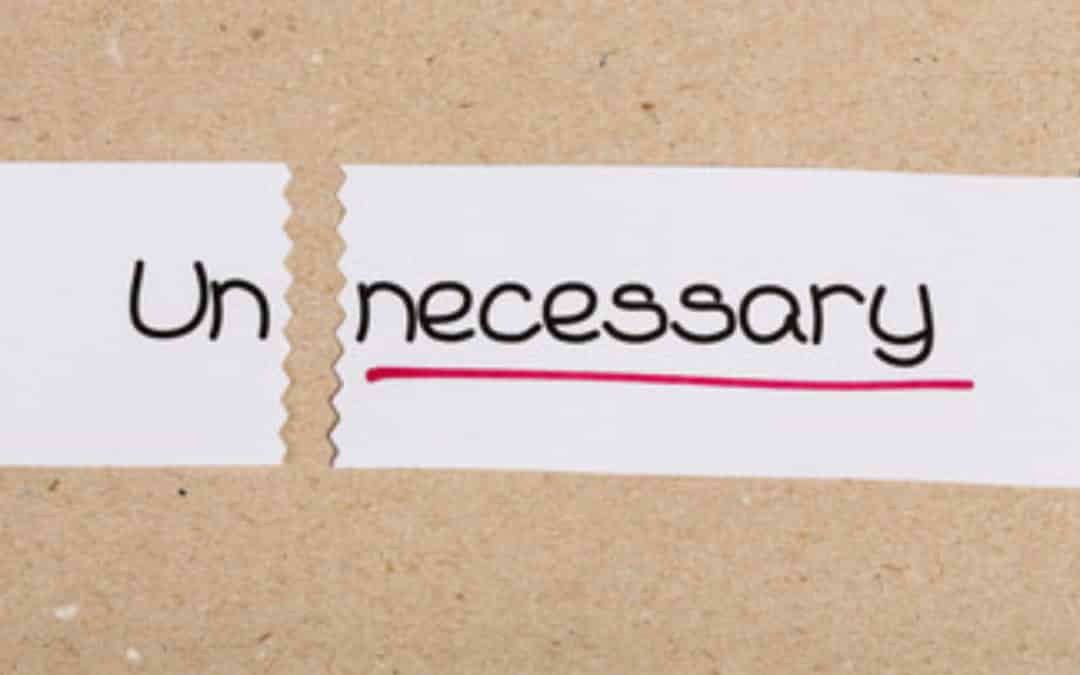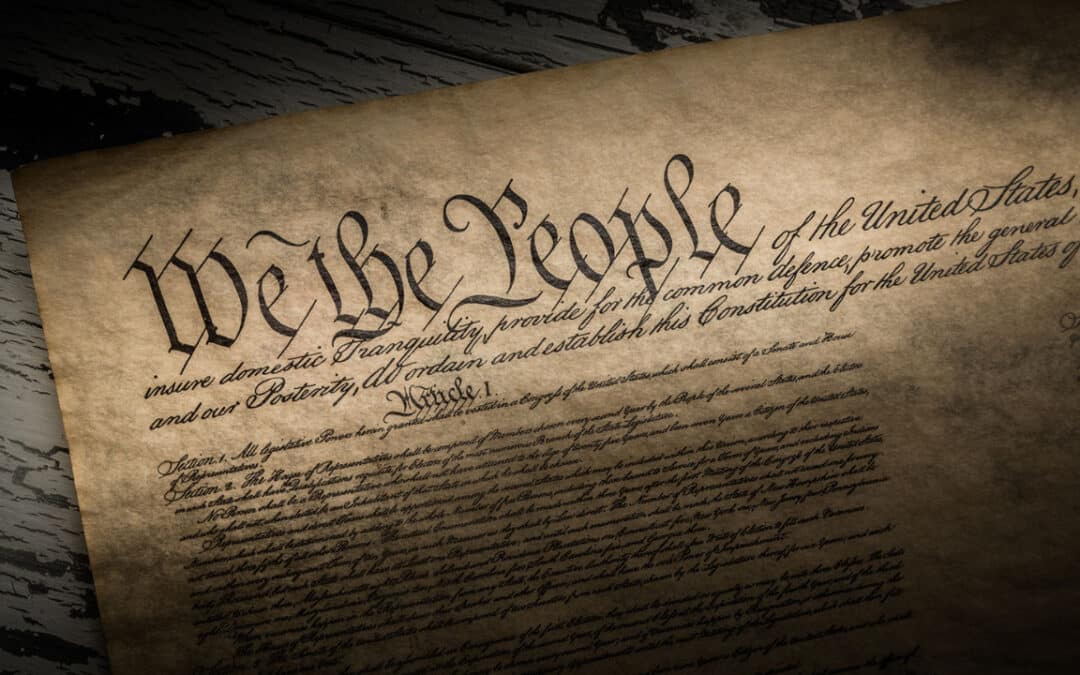
Necessary and Proper Clause

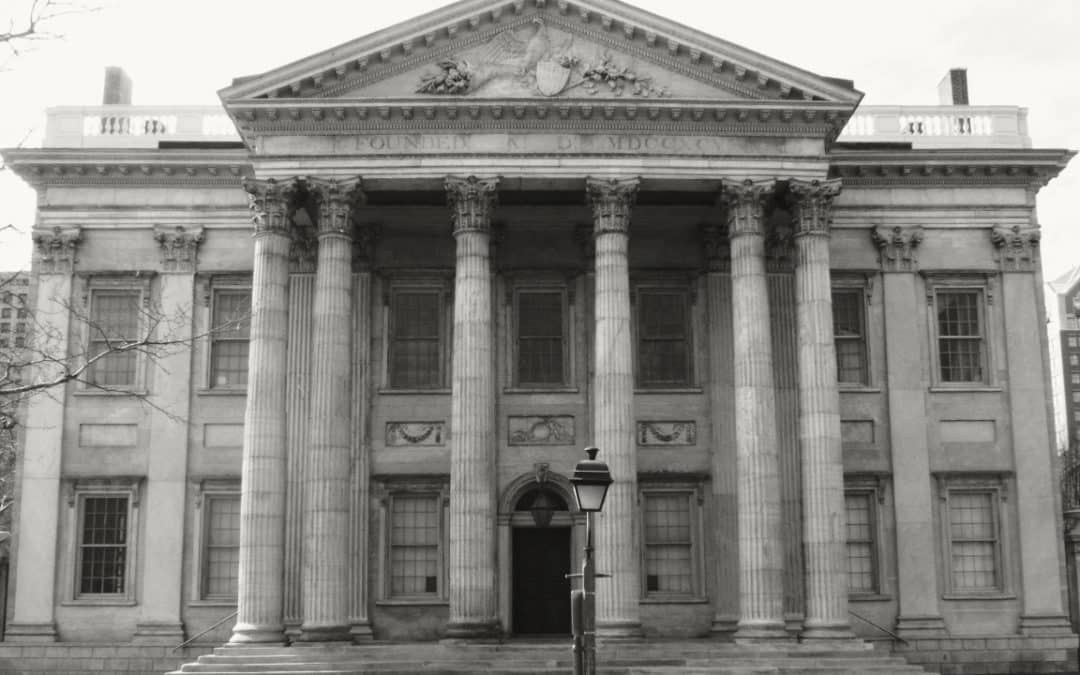
Edmund Randolph vs the National Bank
After Congress passed a bill to establish the first national bank in early 1791, President George Washington asked Attorney General Edmund Randolph to prepare an opinion on the bill’s constitutionality. Randolph came down firmly against the measure, arguing that the...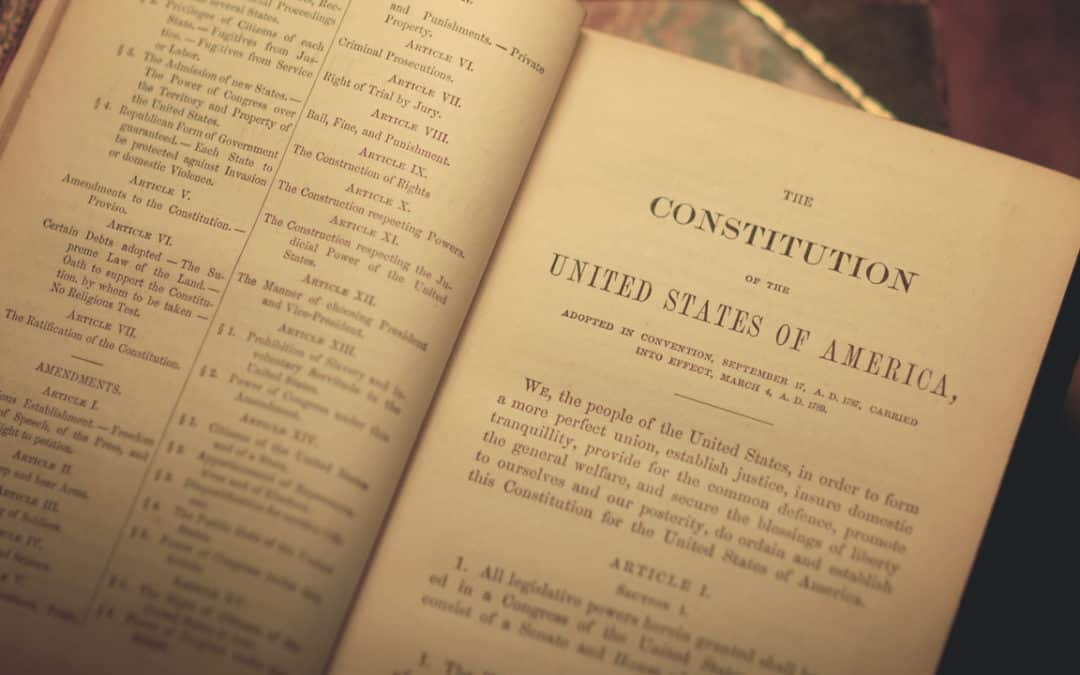
The “Nondelegation” Doctrine and the Necessary and Proper Clause
Explanatory Note from Rob Natelson: In early 2020, I published what might be one of those “breakthrough” insights. It pertains to how much authority Congress may delegate to executive branch agencies—a very hot topic right now. Critics of delegation point out that...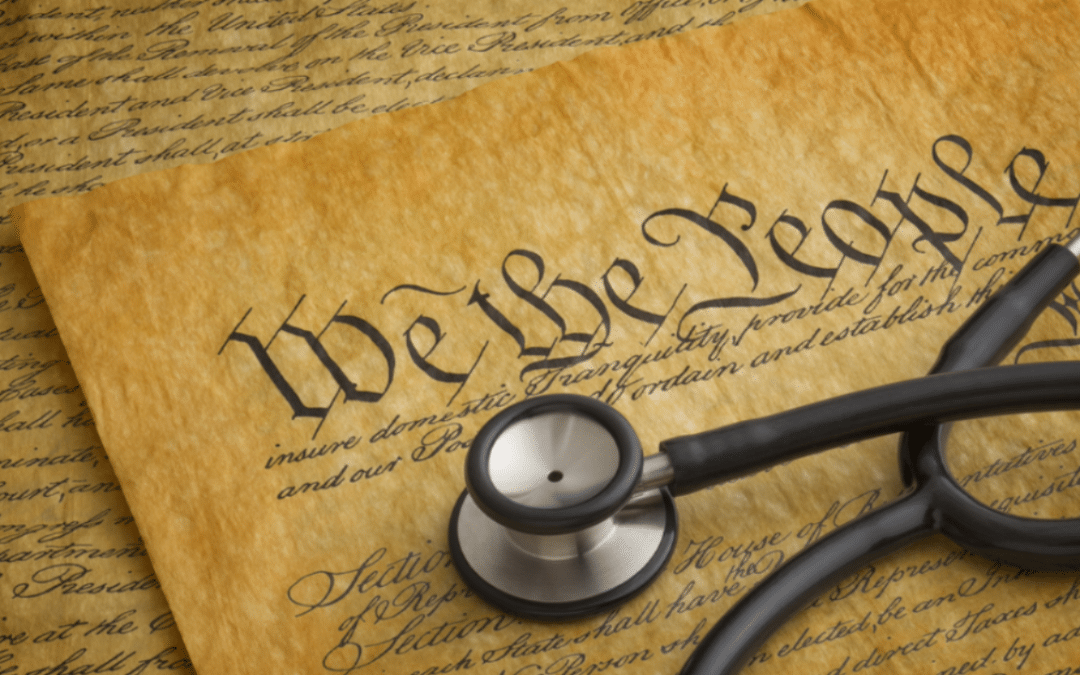
Necessary is Supposed to Mean Necessary
When the Constitution was ratified, the word necessary meant, well, necessary. But in the dystopian “future” we live under today, words don’t mean what they actually mean. They always mean something else – whatever supporters of the monster state can use to...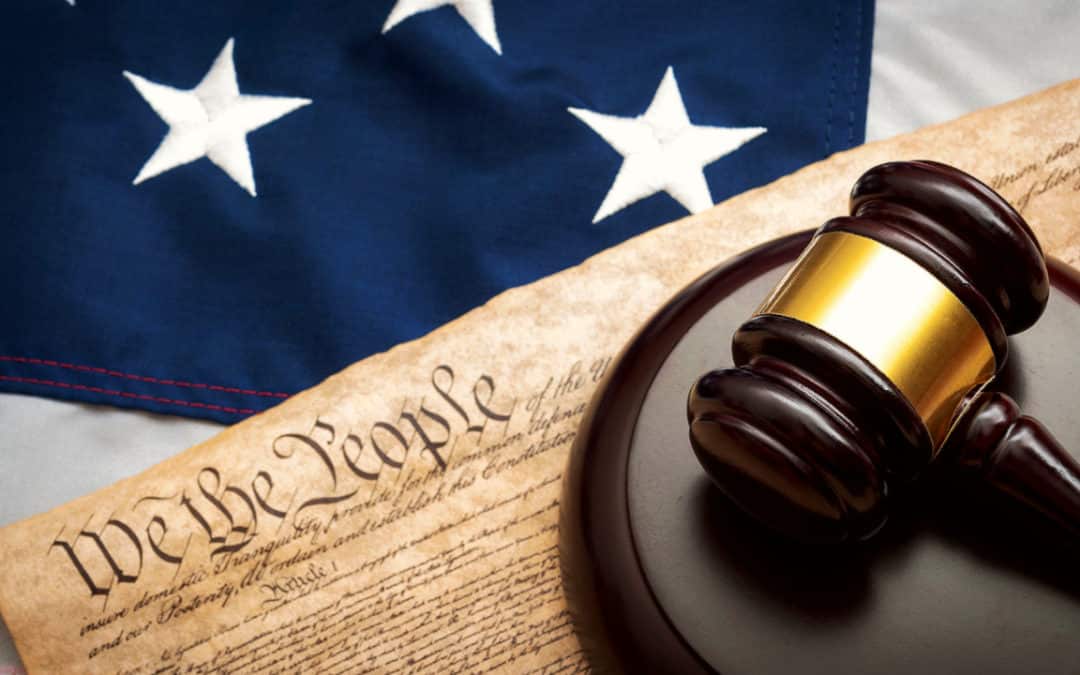
Necessary Does not Mean Useful or Convenient
One of the most famous and important Supreme Court opinions is from the 1819 McCulloch v. Maryland case. It set the stage for massive expansion of federal power by incorrectly defining the Constitutional meaning of the word “necessary.” In its majority opinion, SCOTUS...